


The glow of the screen, the epic click of a controller, and the dopamine rush of a hard-won victory, this is the world we live and breathe as gamers.
But behind every legendary quest and every pulse-pounding fight, there is a different kind of game, one played not with skill points, but with strategy, psychology, and masses of capital… The video game industry! But how does a game go from an early concept to a cash-generating titan, to one selling up to 88 million copies? The answer is far more complicated than the simple sixty-dollar price tag on a new game release.
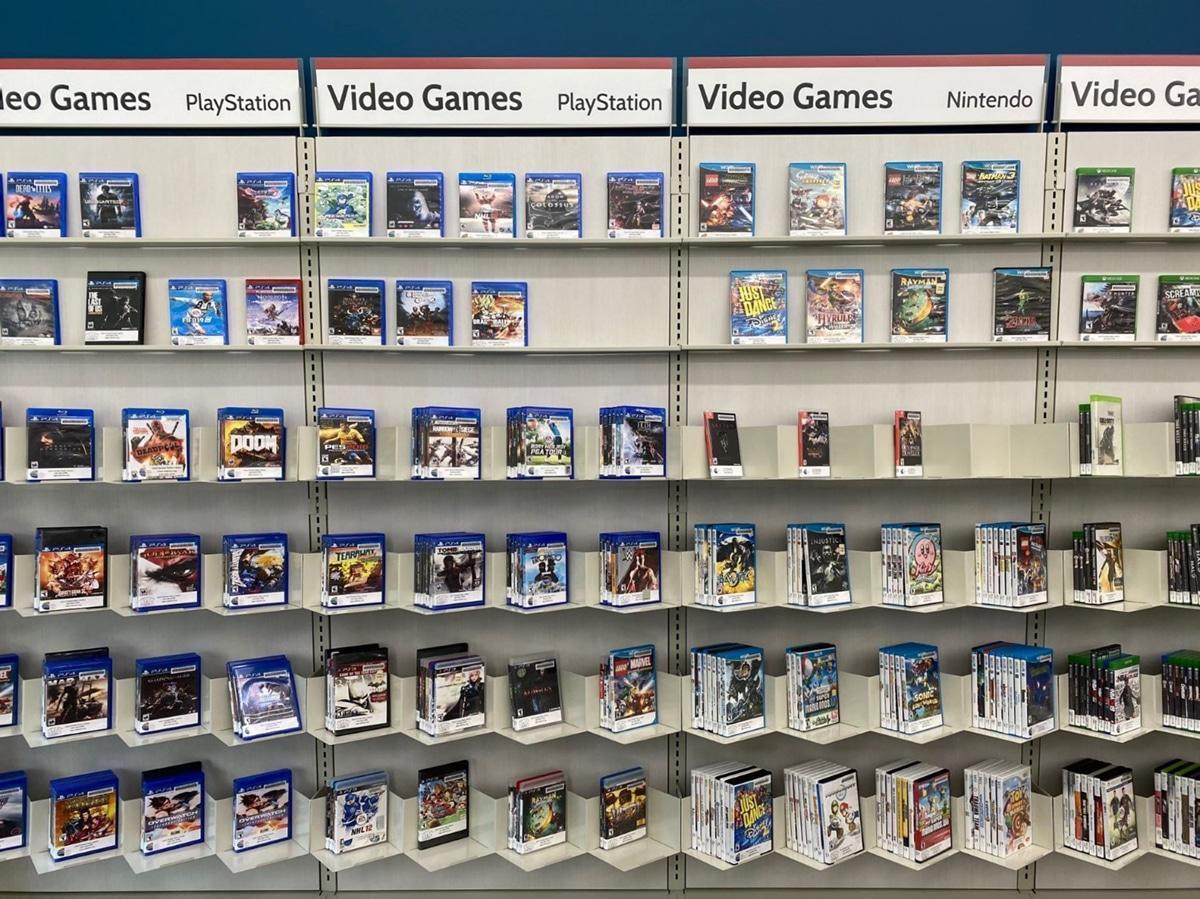
Once upon a time, the gaming revenue model was easy: You walked into a store, bought a physical box containing a disc or cartridge, and that was it. Simple.
Today, direct sales are a two-front war: physical versus digital, with digital storefronts, such as Steam, the PlayStation Store, and the Nintendo eShop, eliminating the need for manufacturing and shipping.
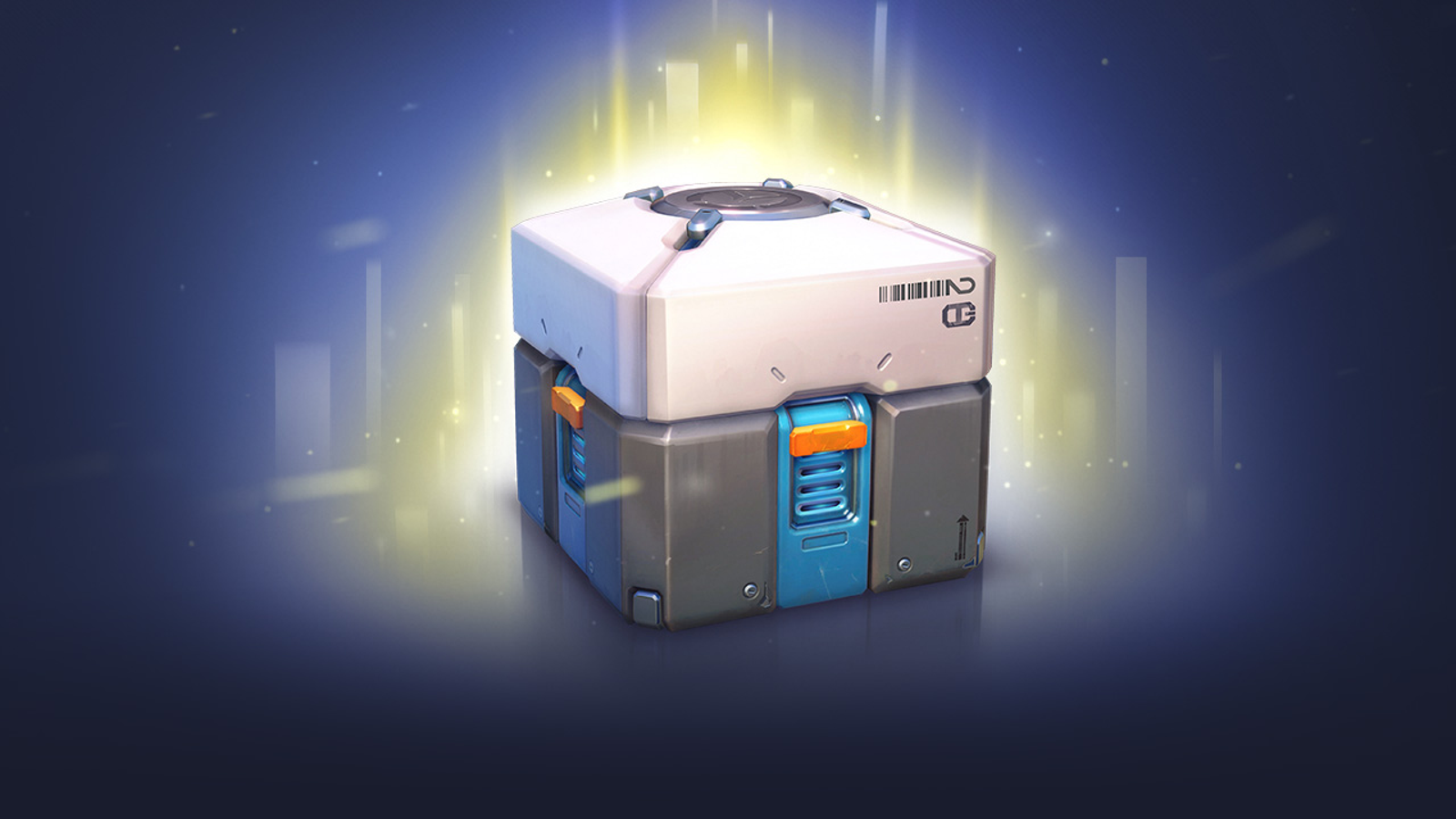
Microtransactions are small, optional purchases made within a game, and they have utterly transformed the industry’s revenue potential.
Think of Fortnite. The game itself is free, a move that lowered the barrier to entry to zero. However, Epic Games then built a billion-dollar empire by selling V-Bucks, an in-game currency used to purchase cosmetic items. Similarly, titles like Apex Legends and League of Legends did the same by offering players ways to stand out from the crowd with skins.
However, the most controversial and profitable branch of microtransactions takes the form of loot boxes, raffles, and gacha mechanics, similar to those found in the real world.
Instead of buying a specific item outright, players pay for a chance to unlock it, whether that’s through opening a CS2 case for a rare knife, rolling in Genshin Impact for a 5-star character, or spinning a raffle in FIFA Ultimate Team.
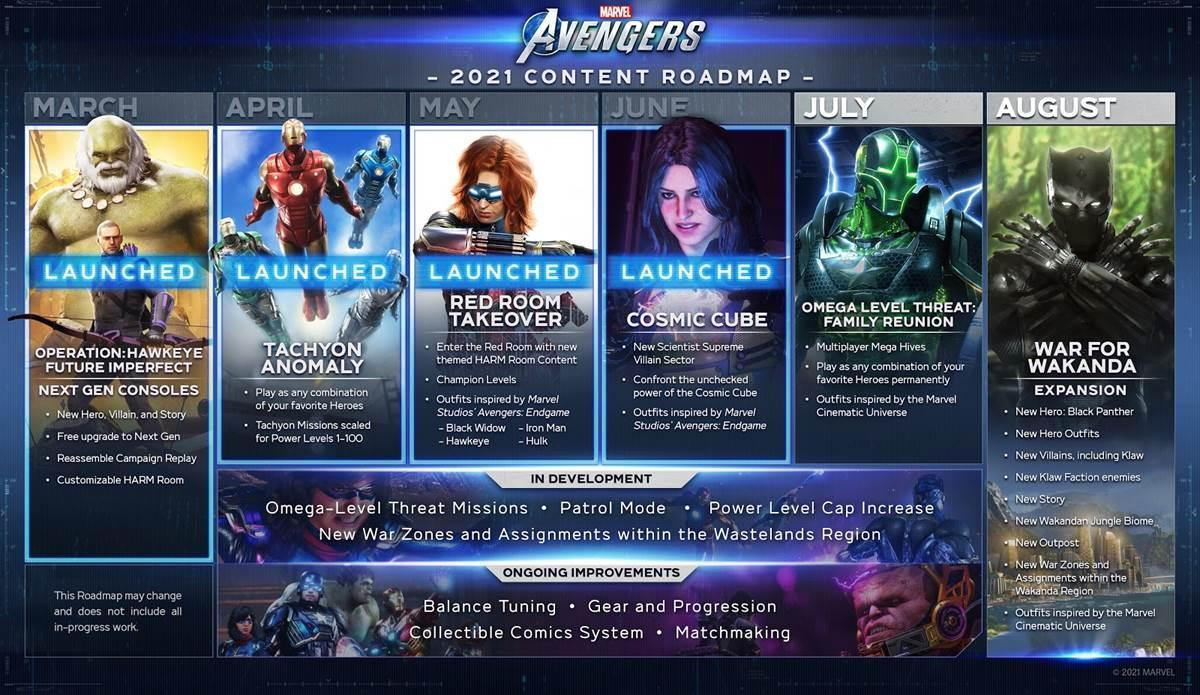
Why sell a game once when you can sell it continuously?
This question gave rise to two of the most powerful concepts in modern gaming: the Battle Pass and the “Games as a Service” (GaaS) model.
A Battle Pass, popularized by titles like Call of Duty: Warzone and Valorant, is a tiered system where players unlock rewards by playing the game over a “season.” You pay a flat fee, typically around $10, for the premium track, which provides a steady stream of exclusive cosmetics, currency, and other goodies.
This fits into the broader GaaS philosophy. Instead of releasing a game and moving on, developers treat it as an evolving platform. Destiny 2 and World of Warcraft are prime examples, constantly updated with new stories, missions, and loot.
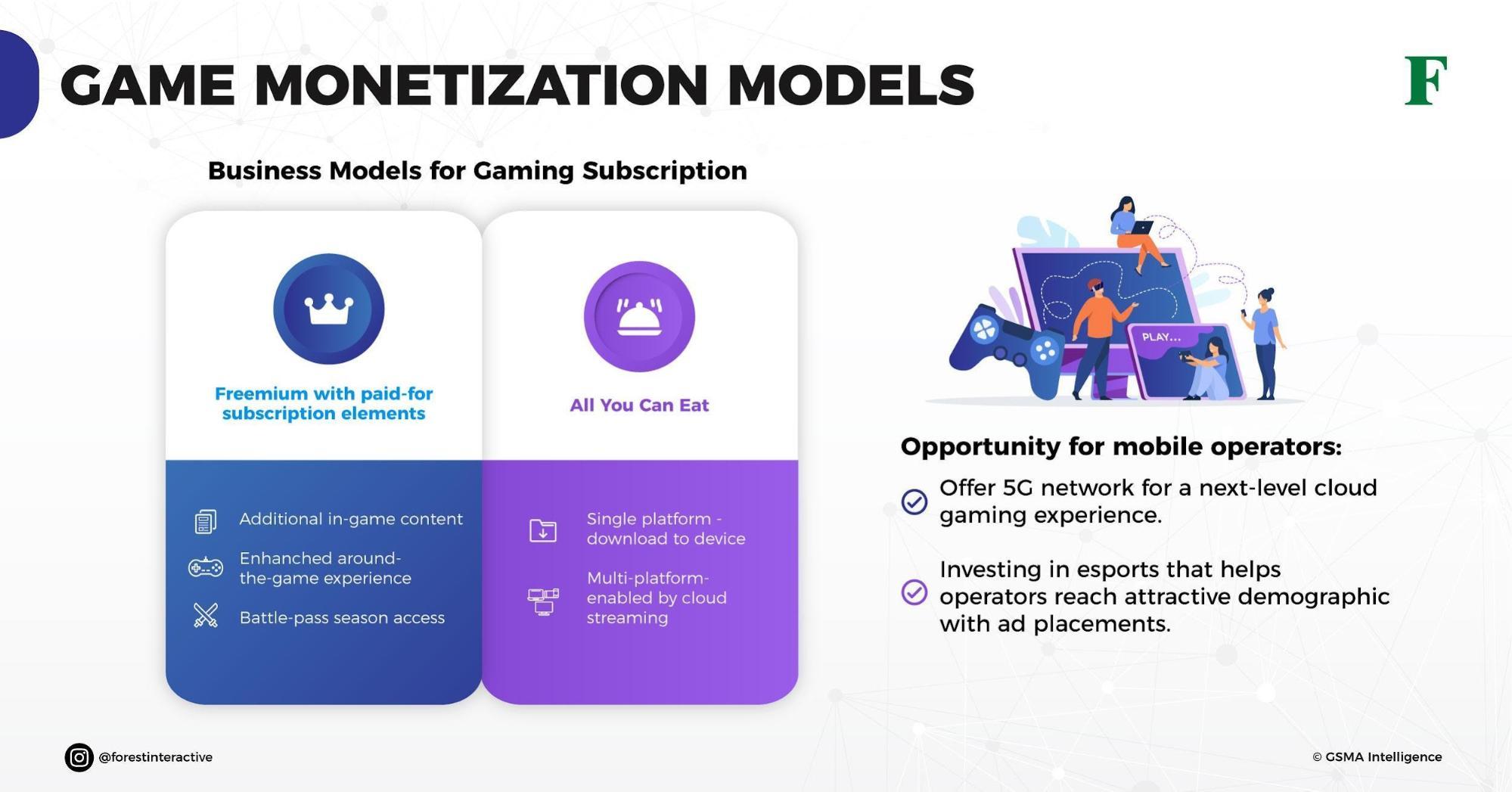
| Monetization Model | How It Works | Key Examples | Player Appeal |
|---|---|---|---|
| Premium (One-Time Sale) | Players pay a full upfront price for the complete base game. | The Legend of Zelda: Tears of the Kingdom, Elden Ring | Complete, self-contained experience with no further spending required. |
| Free-to-Play (F2P) | The base game is free. Revenue comes from optional in-game purchases. | Fortnite, Apex Legends, Genshin Impact | No initial cost, allowing anyone to jump in and play. |
| Games as a Service (GaaS) | The game is treated as an ongoing service with regular content updates. | Destiny 2, Call of Duty: Warzone, Sea of Thieves | An ever-evolving game world that provides fresh content for years. |
| Subscription Service | Players pay a recurring fee for access to a library of games. | Xbox Game Pass, PlayStation Plus Extra/Premium | Unbeatable value and variety, often called the “Netflix for games.” |
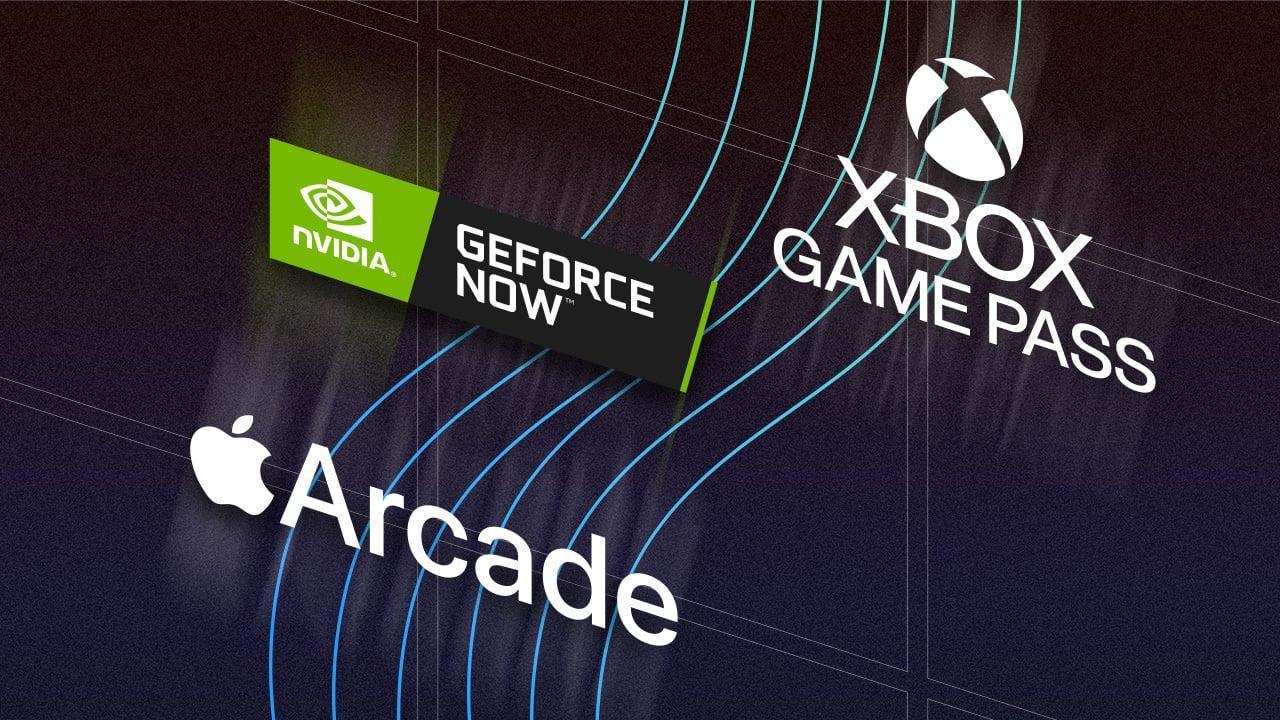
The subscription model has taken over the movie and music industries, and gaming is no exception. Services like Xbox Game Pass have redefined value in the industry. For a monthly fee, you get access to a massive library of games, from brand-new releases to indie gems.
Sony’s PlayStation Plus offers a similar tiered system, bundling online multiplayer access with a rotating collection of downloadable games. These services foster brand loyalty and generate consistent, predictable income, which is the holy grail for any large corporation.
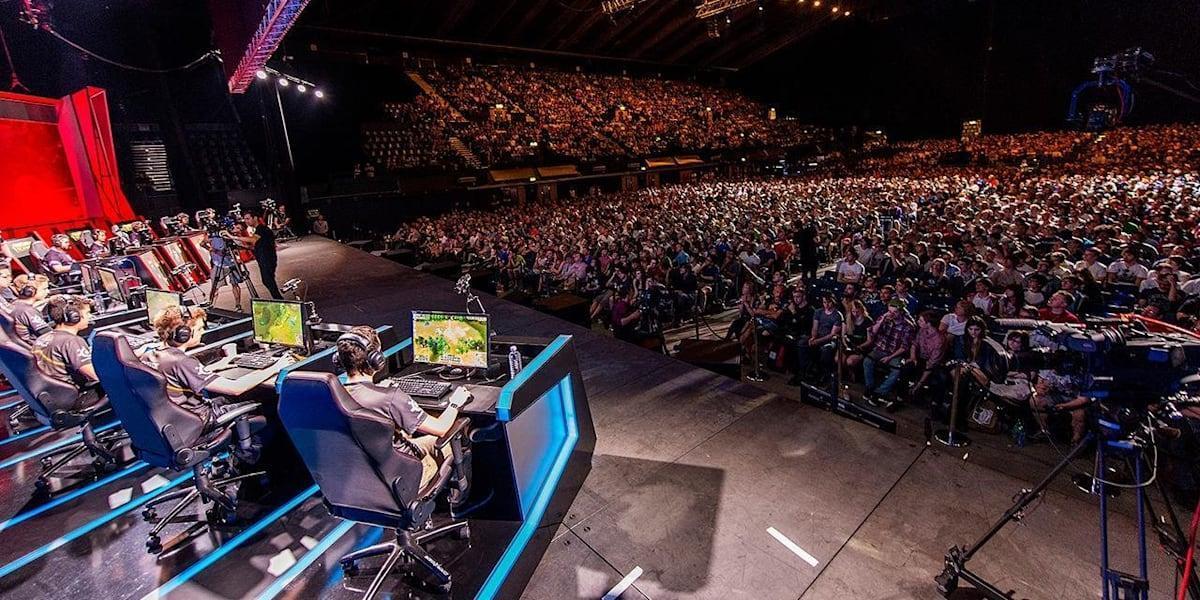
The most influential companies don’t just sell software either; they build entire ecosystems. Sony, Microsoft, and Nintendo generate massive revenue from the sales of their consoles: the PlayStation 5, Xbox Series X, and Nintendo Switch.
While console profit margins can be thin, each unit sold is a gateway and acts as a guaranteed customer for their digital stores, subscription services, and exclusive games for years to come.
Then there’s the spectacle of esports, with competitive gaming becoming a mainstream phenomenon, with leagues and tournaments for titles such as League of Legends and Counter-Strike: Global Offensive. Companies cash in on broadcast rights, team sponsorships from global brands like Red Bull and Nike, ticket sales for sold-out arena events, and in-game merchandise celebrating top teams.
Lastly, the most beloved game franchises transcend the screen entirely, with their intellectual property (IP) becoming a brand empire. Just think of the sheer volume of Pokémon merchandise, from trading cards to apparel, or the Minecraft LEGO sets and the Super Mario theme park. This is where a game becomes a permanent fixture in popular culture, generating revenue from licensing deals and merchandise long after the end-game credits roll.
As a player, understanding this doesn’t diminish the magic; instead, it just adds a new layer of appreciation for the machine, as the next time you log in, you’ll see not just a game, but a fully working modern business.
Now that you see the strategy behind the screen, how do you feel about the different ways games create value? Let us know.
And if you’re ready to move from understanding the game to mastering it, WeCoach is here. Our world-class video game coaches can help you refine your skills and dominate the competition!

Roger is an esports journalist and content writer specializing in League of Legends guides, patch analysis, and coaching insights.
View all articles